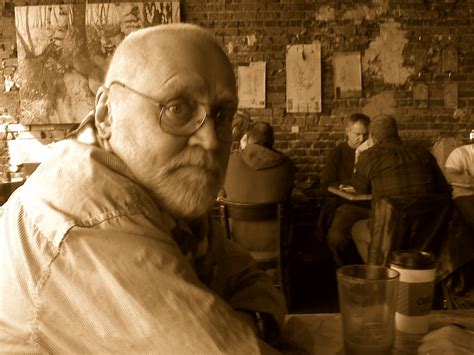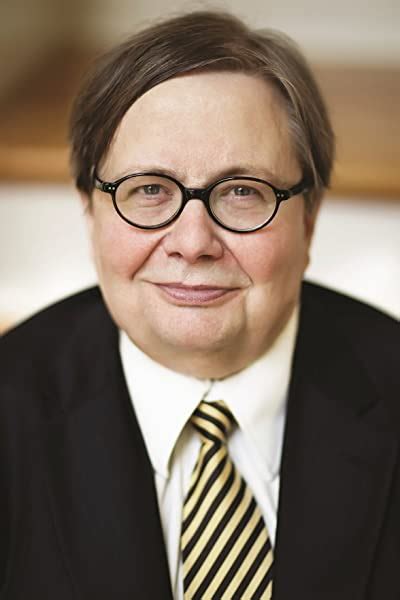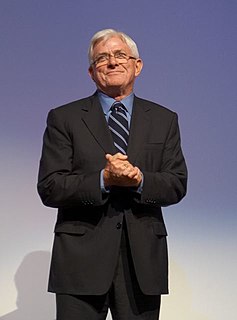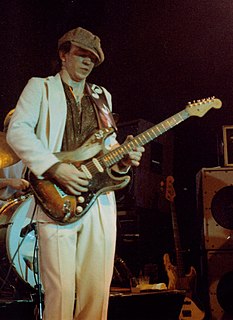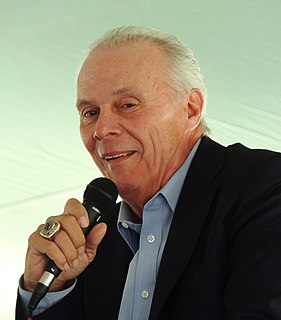A Quote by Alice Roberts
The history of palaeontology is littered with examples of famous frauds and fakes, often with eminent researchers in the field being thoroughly hoodwinked by some fairly shoddy fabrications.
Quote Topics
Related Quotes
Oral history is a research method. It is a way of conducting long, highly detailed interviews with people about their life experiences, often in multiple interview sessions. Oral history allows the person being interviewed to use their own language to talk about events in their life and the method is used by researchers in different fields like history, anthropology and sociology.
My book, Oral History: Understanding Qualitative Research is about how researchers use this method and how to write up their oral history projects so that audiences can read them. It's important that researchers have many different tools available to study people's lives and the cultures we live in. I think oral history is a most needed and uniquely important strategy.
I suppose I could claim that I had suspected that the world was a cheap and shoddy sham, a bad cover for something deeper and weirder and infinitely more strange, and that, in some way, I already know the truth. But I think that's just how the world has always been. And even now I know the truth, the world still seems cheap and shoddy. Different world, different shoddy, but that's how it feels.
Our works in stone, in paint, in print, are spared, some of them, for a few decades or a millennium or two, but everything must finally fall in war, or wear away into the ultimate and universal ash - the triumphs, the frauds, the treasures and the fakes. A fact of life: we're going to die. "Be of good heart," cry the dead artists out of the living past. "Our songs will all be silenced, but what of it? Go on singing." Maybe a man's name doesn't matter all that much.




